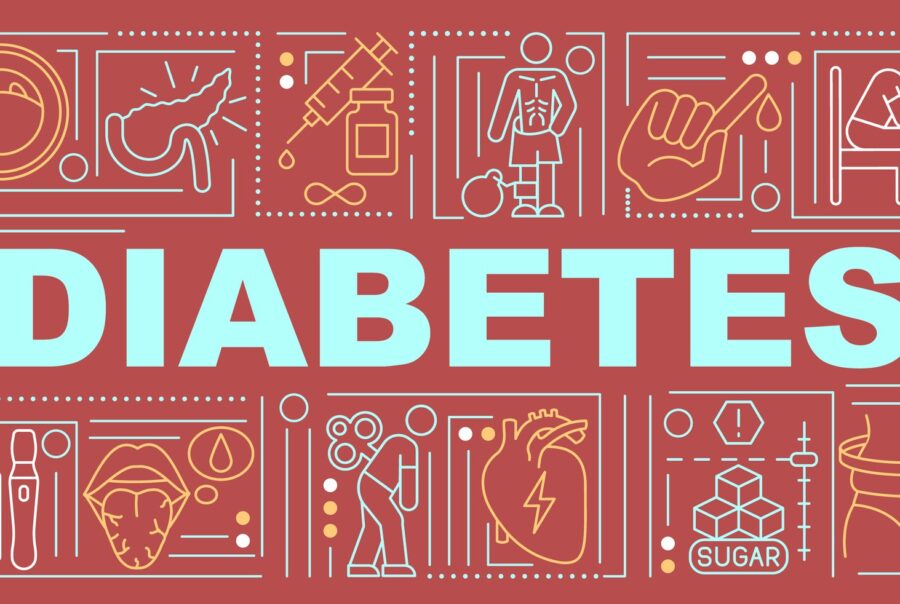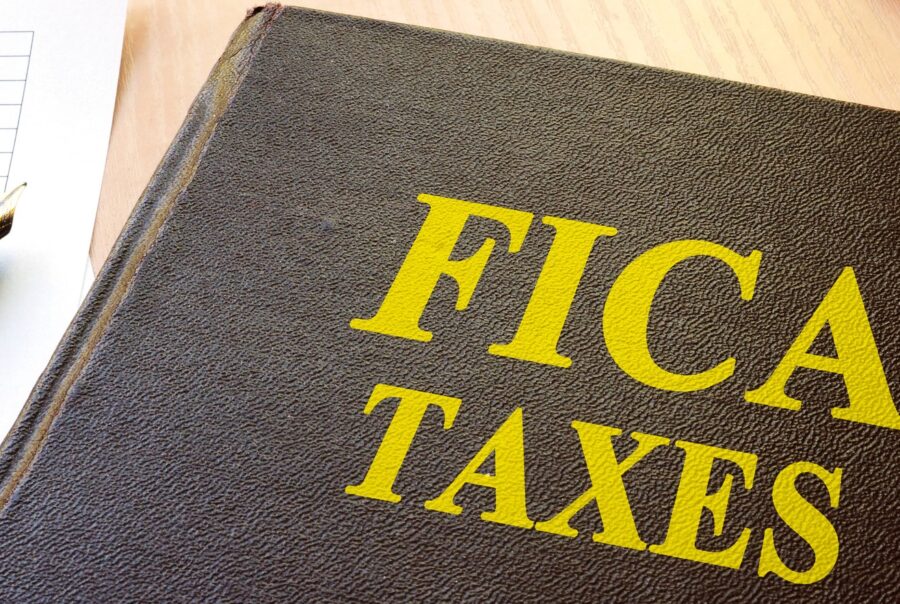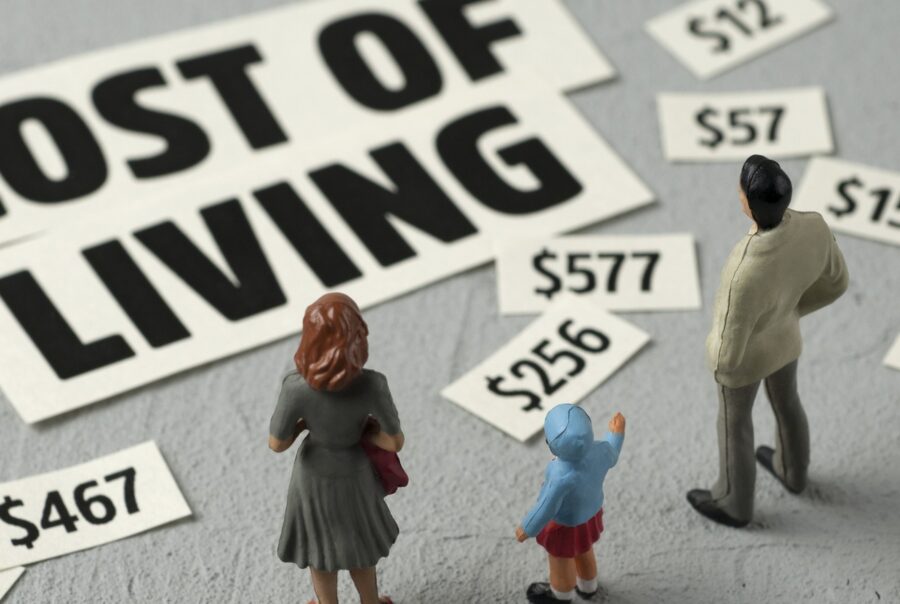If you have been looking for the best way of applying for disability benefits, you may be wondering what SSI means. Today, we will explain what SSI is and who its recipients are.
SSI stands for Supplemental Security Income, which is a program issued, regulated and administered by the Social Security Administration. The SSI program pays monthly benefits to people with limited income and resources who are blind, have a qualifying disability, or are aged 65 or older. Additionally, children with disabilities or who are blind may also get SSI.
Are Social Security Disability Benefits (SSDI) and SSI the Same Program?
While many applicants eligible for SSI may also be entitled to Social Security Disability Benefits, they are different in many ways. Social Security benefits (SSDI) may be paid to you and certain members of your family if you are “insured” meaning you worked long enough and paid Social Security taxes. As these people have worked and paid taxes, they are eligible for benefits before the age of retirement, should they become unable to work due to a medical condition. Unlike Social Security benefits, SSI benefits are not based on your prior work or a family member’s prior work. Additionally, SDI benefits have no work requirement or age limit.
As mentioned on the SSA official website, SSI is financed by general funds of the U.S. Treasury, personal income taxes, corporate and other taxes. Social Security taxes collected under the Federal Insurance Contributions Act (FICA) or the Self-Employment Contributions Act (SECA) do not fund the SSI program.
Supplemental Security Income Program Benefits
In most States, SSI recipients can get access to the following benefits:
- Medical assistance (Medicaid) to pay for hospital stays, doctor bills, prescription drugs, and other health costs.
- Supplemental payment to certain SSI recipients.
- SSI recipients may also be eligible for food assistance.
To apply and receive SSI, you must be disabled, blind, and have “limited” income and resources.
In addition, to get SSI, you must also:
- be either a U.S. citizen or national, or a noncitizen in one of the certain alien classifications granted by the Department of Homeland Security (DHS);
- reside in one of the 50 States, the District of Columbia, or the Northern Mariana Islands; and
- not be absent from the U.S. for a full calendar month or 30 or more consecutive days.
Supplemental Security Income Lawyer
Casa de la Justicia specializes in cases just like yours and we will guide you and assist you so that you can apply and receive SSDI and SDI. Our professionals are experienced in this field and will provide you with everything that you need to move forward with your application.
An experienced supplemental security income attorney can be the solution you need. Contacting a lawyer might help you determine the next steps in your case. We, at Casa de la Justicia, take a client-centered approach, prioritizing your needs and concerns throughout the process. We will not charge you, as we are provided with a small percentage of your first check from the SSA.
Contact us today by clicking on the button below and receive the assistance that you are looking for.
Getting help is easy,
call today!
1-800-840-4040
Tell us your case
You won’t pay a penny out of your pocket










